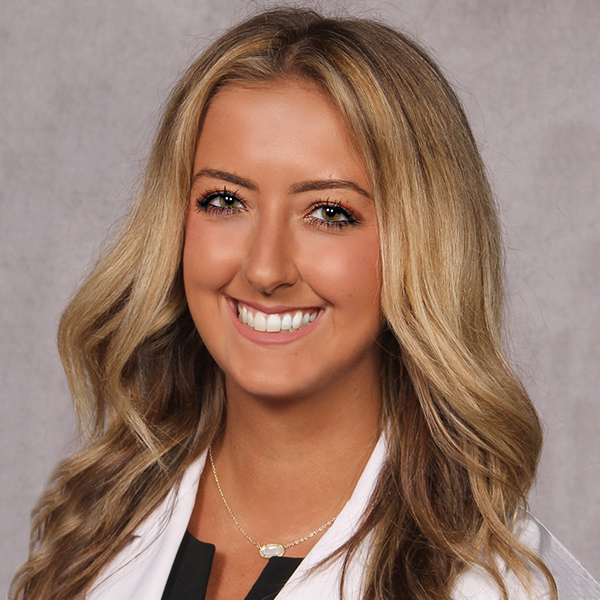Advice For Incoming Medical Students
To those who are just starting their journey in medicine – let me first say congratulations and welcome to medical school! The next four years (or more/less – depending on your track) will be some of the most rewarding steps you take in your training. I know this is true and I have only just completed my first year.
As I adjusted to the rigors of medical school, I found myself learning something new every day – and not just academically. I have listed below a few helpful tips for your first year.
1. Find out what resources work for you – there are a ton and you (most likely) do not have time for all of them.
First Aid is a comprehensive review book for the USMLE Step 1. It is basically the holy grail of Step 1 preparation. One of the most helpful things I was told was to get First Aid early and take notes in corresponding sections as we proceed through different blocks of preclinical years. I often found that the book had more concise summaries than my traditional lectures.
Sketchy, Boards and Beyond, and Pathoma are others that I would put in the "top 5" of medical school resources. Sketchy is a series of video programs that use sketches as memory clues to learn microbiology, pharmacology and various pathology topics. If you are a visual learner, I would highly recommend this site. Boards and Beyond, along with Pathoma, offer short summary videos – generally presented in a similar layout to your traditional lectures, except with a focus on "high-yield" information. Most schools organize group discounts that are available to students, so reach out to your school's student representatives to look into these opportunities!
2. Imposter Syndrome will creep in – do not let it define you.
I would be lying if I said there were not times this past year that I questioned if I deserved to be here. You go from being at the top of your classes in undergrad to being surrounded by 100+ other students who are equally as smart, if not smarter. Now, let me tell you – the admissions board did not make a mistake. You were chosen for a reason and you are going to make a great doctor in a few short years.
3. Pay attention to your emotions and when you start to feel burnt out.
Your first year will probably involve many more hours of studying than you were used to in undergrad. Depending on if you like to study alone or in groups, you may start to feel isolated. When this happens, recognize it and find something to refocus you on why you are going through this journey. Many students in my class enjoy volunteering at the local free clinics when they feel this way. Having that patient interaction allows a glimpse at the "end goal," which is helping people to the best of our abilities with the knowledge we gain in school.
4. Enjoy medical school!


